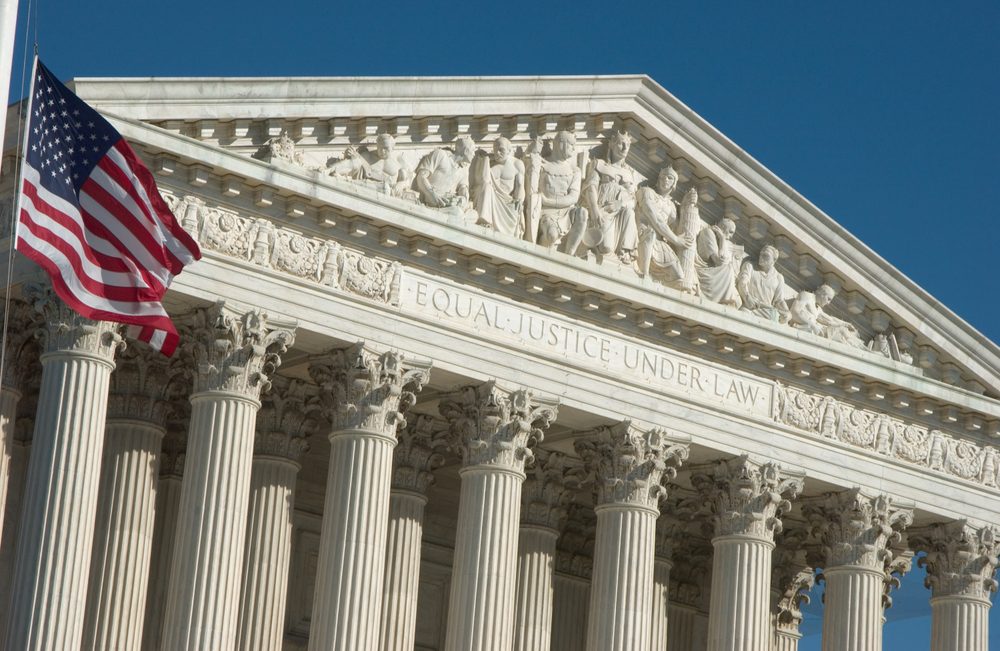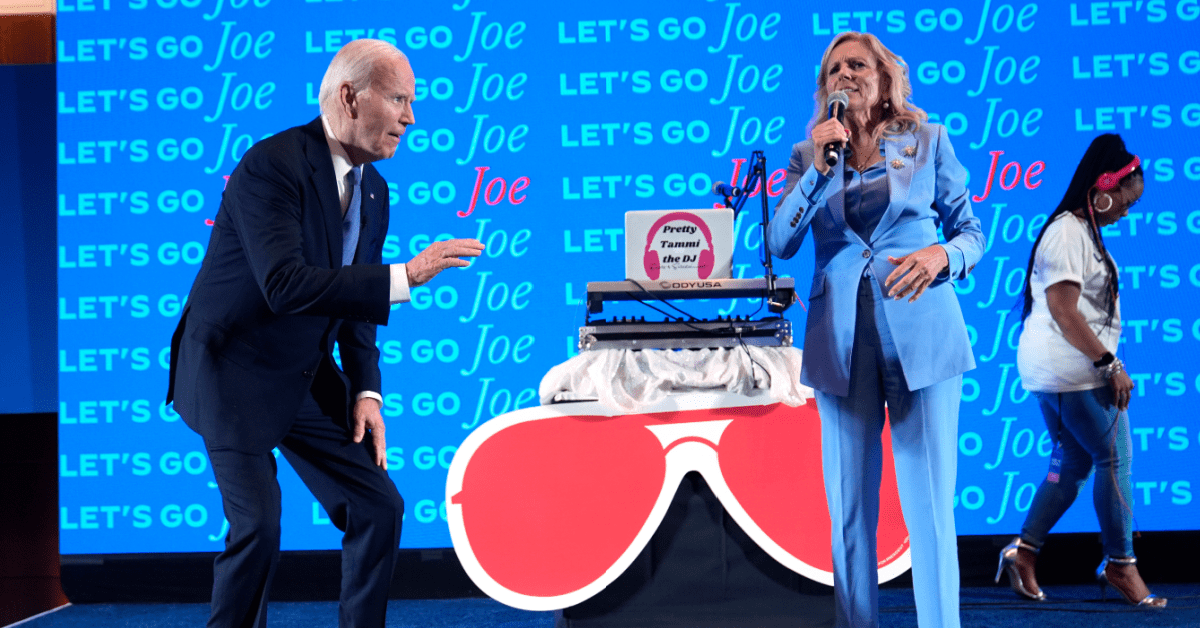
- The Supreme Court’s decision to overturn “Chevron deference,” restoring the power of Congress to make law and the power of courts to interpret law, is the most consequential decision in a generation for those concerned with the size and scope of government power.
On Friday, the U.S. Supreme Court overturned Chevron U.S.A. Inc. v. Natural Resources Defense Council — a 1984 case that for a generation allowed administrative agencies to interpret for themselves congressional intent and effectively define the scope of their own power to regulate.
For those concerned primarily with abortion, the Dobbs decision overturning Roe v. Wade was the most consequential case in a generation. But for those concerned with the growth of government, the Loper Bright Enterprises v. Raimondo decision overturning Chevron may well be that case.
The Court’s decision in Loper, and a companion case, will dramatically curb administrative agencies’ creation of new regulations absent clear congressional authorization. The Loper case involved a group of fisheries from New England who challenged the National Marine Fisheries Service’s interpretation of law to require family owned herring fishing vessels to pay for monitors to accompany them on expeditions.
These monitors made over $700 per day per vessel — rates frequently equivalent to 20 percent of a vessel’s take home pay. Congress never authorized placing this burden on small commercial fisherman.
One of the plaintiffs in the lawsuit, Stefan Axelsson, is a third-generation family fisherman. He explained his motivation in challenging the regulation: “nobody in a family business wants to be the last one to do it, everyone wants to pass it along, and my fear is I might not be able to.”
Little guys fighting big government.

The Concern with Chevron Deference
Critics of “Chevron deference” have long decried the doctrine as a severe encroachment on the constitutional responsibilities assigned to Congress to make laws and to the courts to interpret the meaning of those laws.
The framers of our system of government acknowledged that the “final interpretation of laws,” would be “the proper and peculiar province of the courts.” (Federalist No. 78, Alexander Hamilton). In the 1803 case of Marbury v. Madison, Chief Justice John Marshall said “it is emphatically the province and duty of the judicial department to say what the law is.”
For the 181 years that followed Marbury, it was understood that when the meaning of a statute was in question, the judicial role was to “interpret the act of Congress, in order to ascertain the rights of the parties.”
Chevron changed that. It required courts to defer to the very people making regulations on the scope of their own power to make them.
The Chevron ruling marked not only a departure from the historical constitutional role of the Supreme Court, but also a departure from statute. In 1946, Congress passed the Administrative Procedures Act. The law instructs courts to “decide all relevant questions of law, interpret constitutional and statutory provisions” and “hold unlawful and set aside” agency conclusions found to be “not in accordance with law”or “in excess of statutory jurisdiction, authority or limitations.”
Under Chevron, the Supreme Court surrendered the responsibility of interpreting the law to the unelected, unaccountable bureaucrats that largely control the federal government. In doing so, it also allowed administrative agencies to effectively stand in the place of Congress and make their own laws.
In the wake of the Chevron decision, the number of federal regulations and the overall cost of those regulations, exploded. The primary beneficiaries of the growth of the administrative state are big entrenched interests, who often collude with government regulators, to discourage competition through overregulation.
Dishonest Reaction to Ruling
The reaction to the Loper decision from the big government crowd was swift and voluminous. One such critic, Harvard law professor Laurence Tribe said, “Chevron is now overruled. The administrative state just died. The imperial judiciary joins the imperial presidency, relegating Congress to a secondary role.”
This is an absurd take from a smart man. First, the administrative state is part of the “imperial presidency.” Administrative agencies are executive agencies! Their growth in influence and power, unchecked by Congress or the courts, is the very thing that has allowed for the creation of an imperial presidency.
Second, there is nothing imperial about the courts interpreting statutes. It is literally their constitutional purpose dating back to the very foundations of our country. The Loper decision does not mean that courts will be called upon to make policy decisions. Far from it. It means courts will be called upon to determine if Congress authorized the actions of the agency. That’s it.
Before the Chevron decision in 1984, courts regularly interpreted statutes to determine if Congress had authorized an administrative agency action. There wasn’t widespread cannibalism in the streets.
Finally, it is absolutely silly to say that a ruling that puts a check on the executive branch relegates Congress to a secondary role. The decision in Loper actually elevates Congress to its intended role as the branch of government that makes law. The Court is saying, “you’re important Congress. Do your job.”











